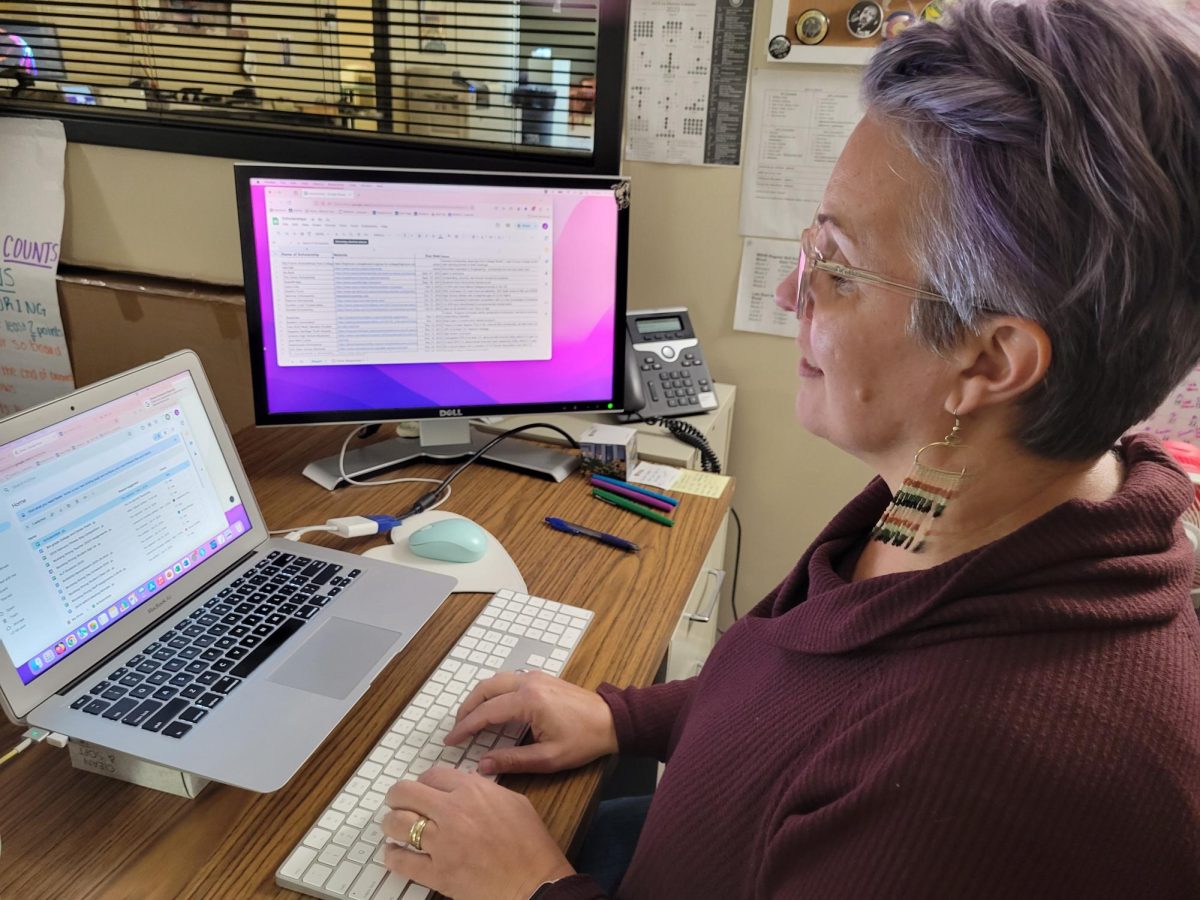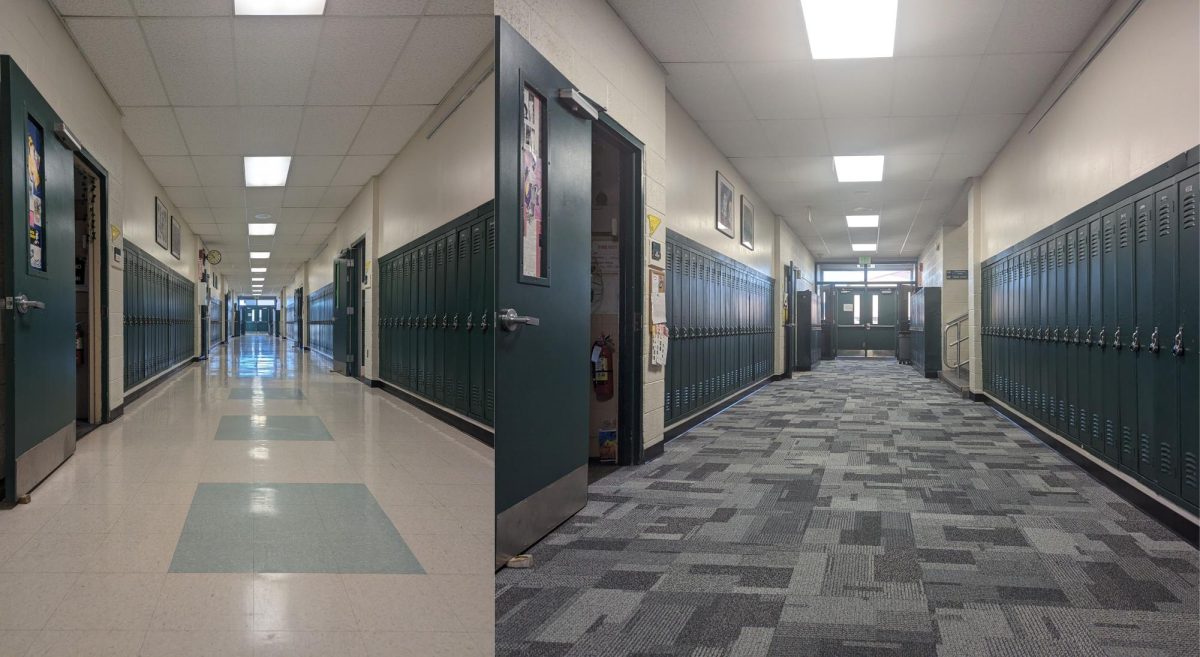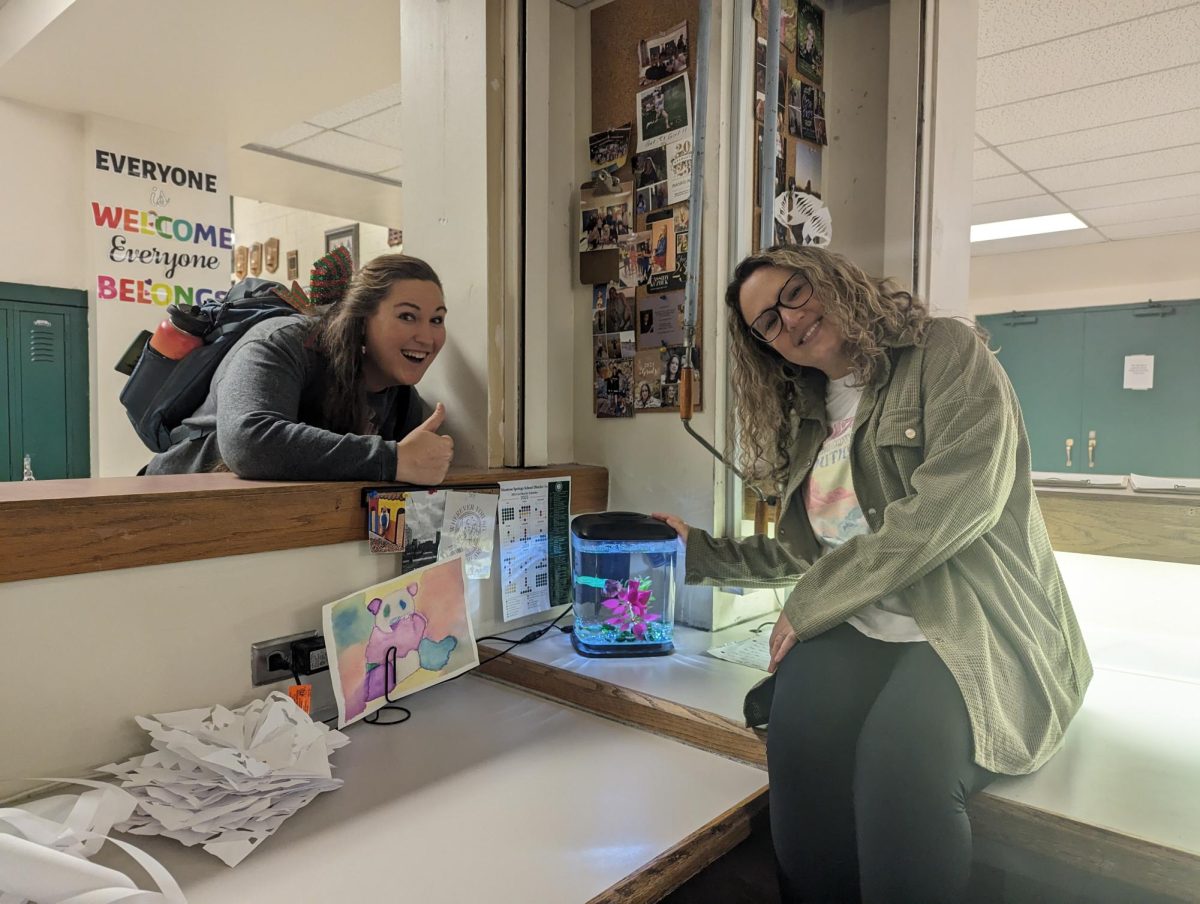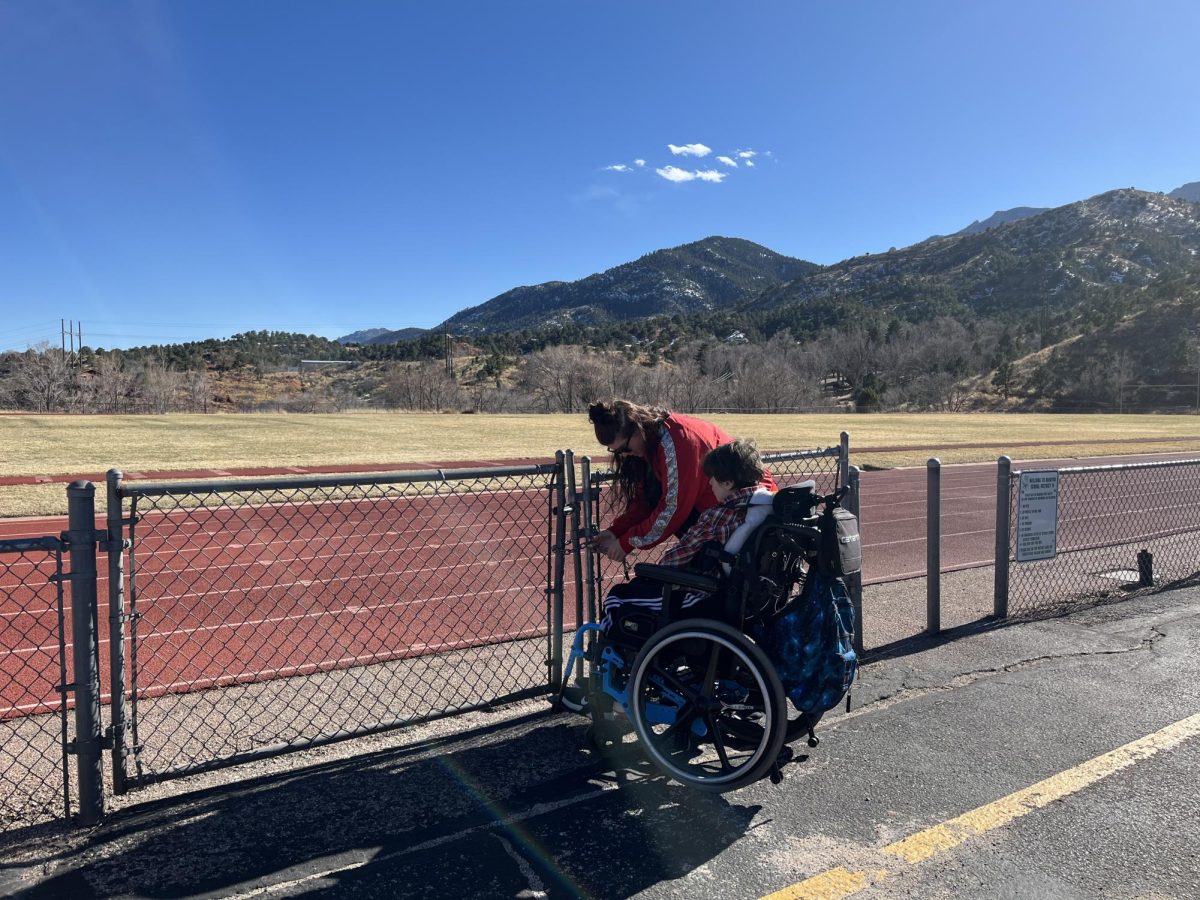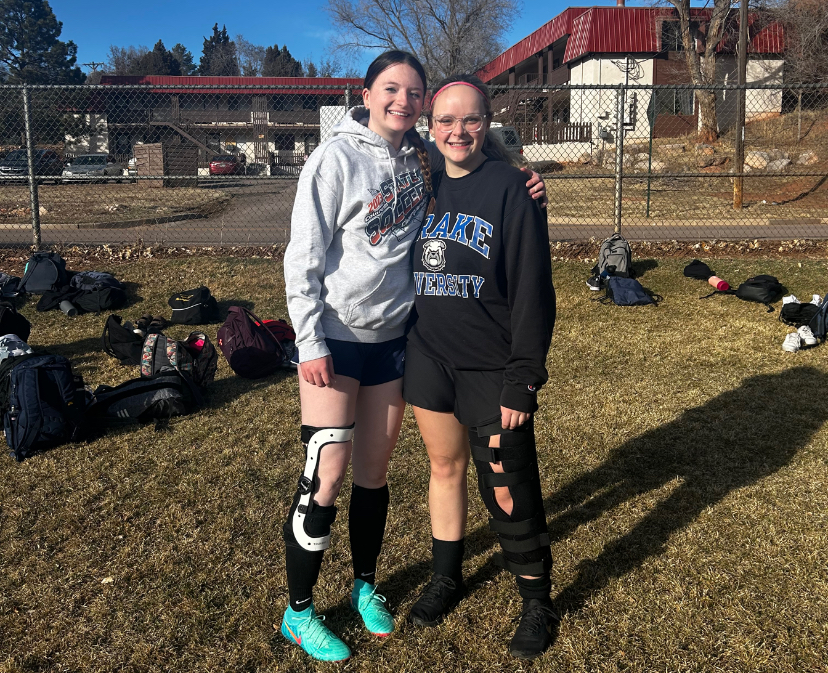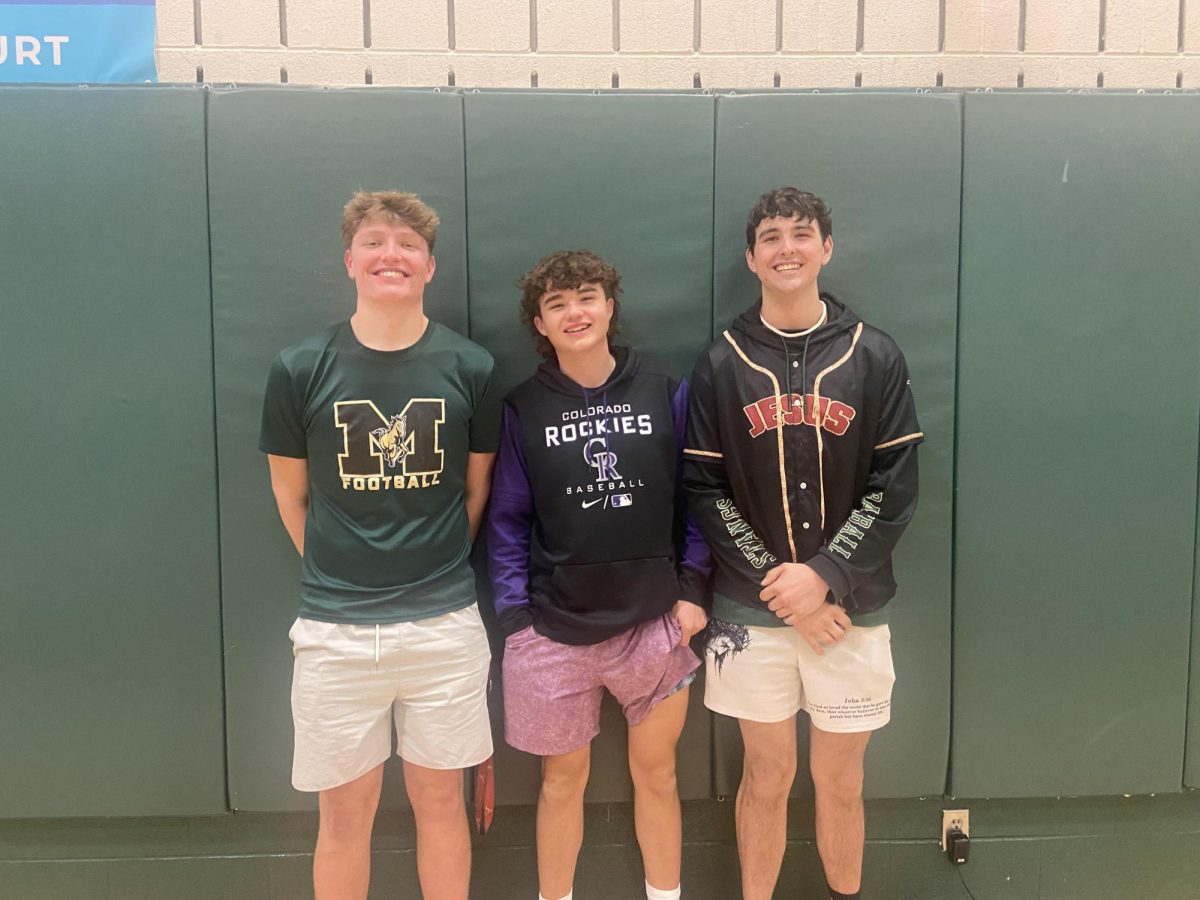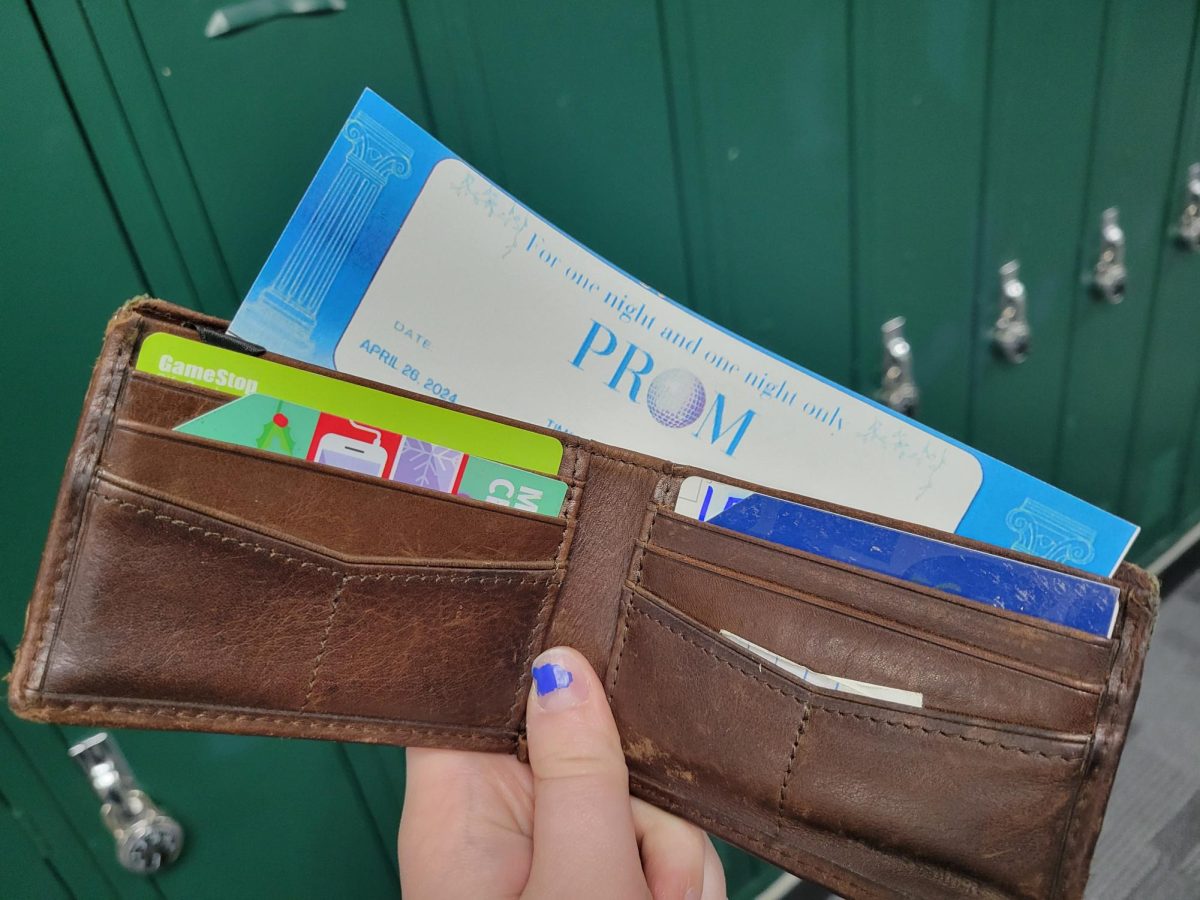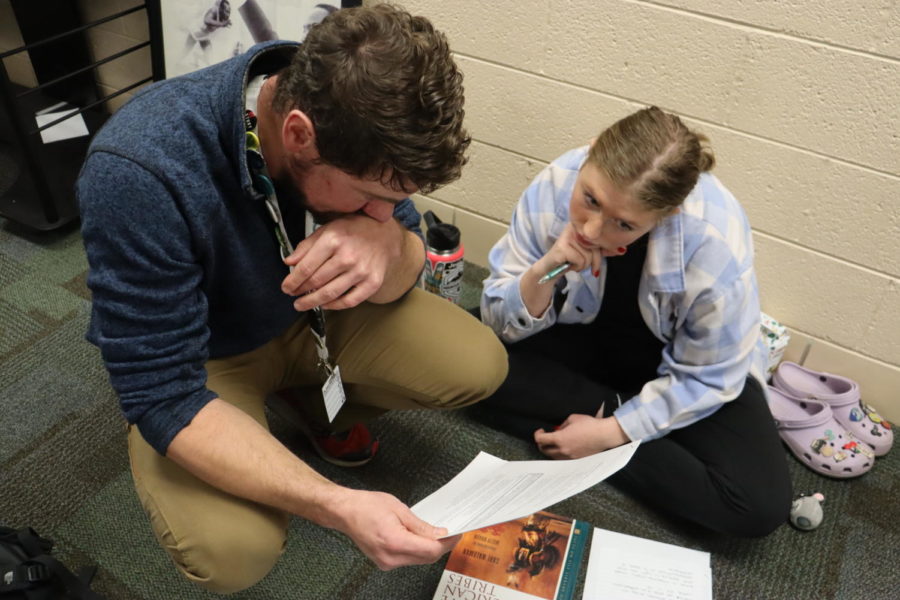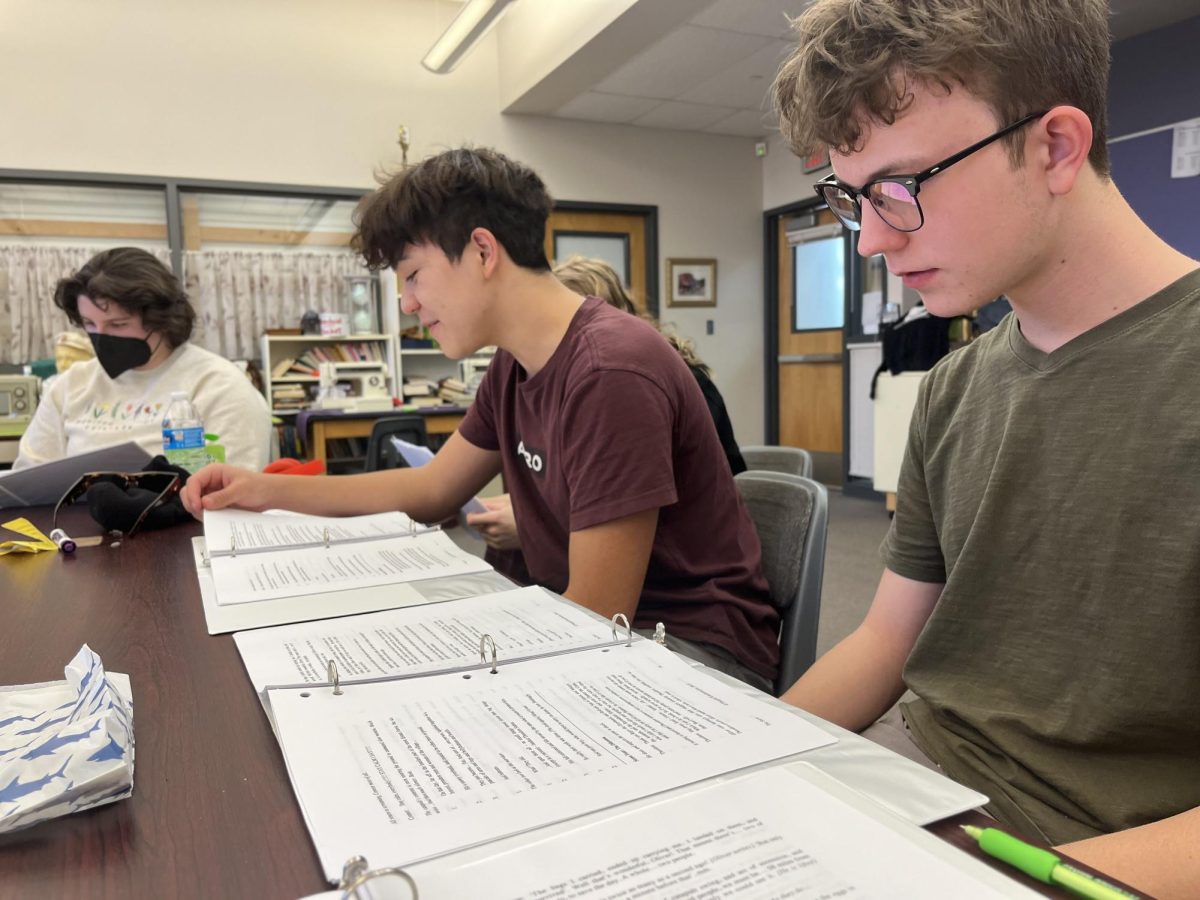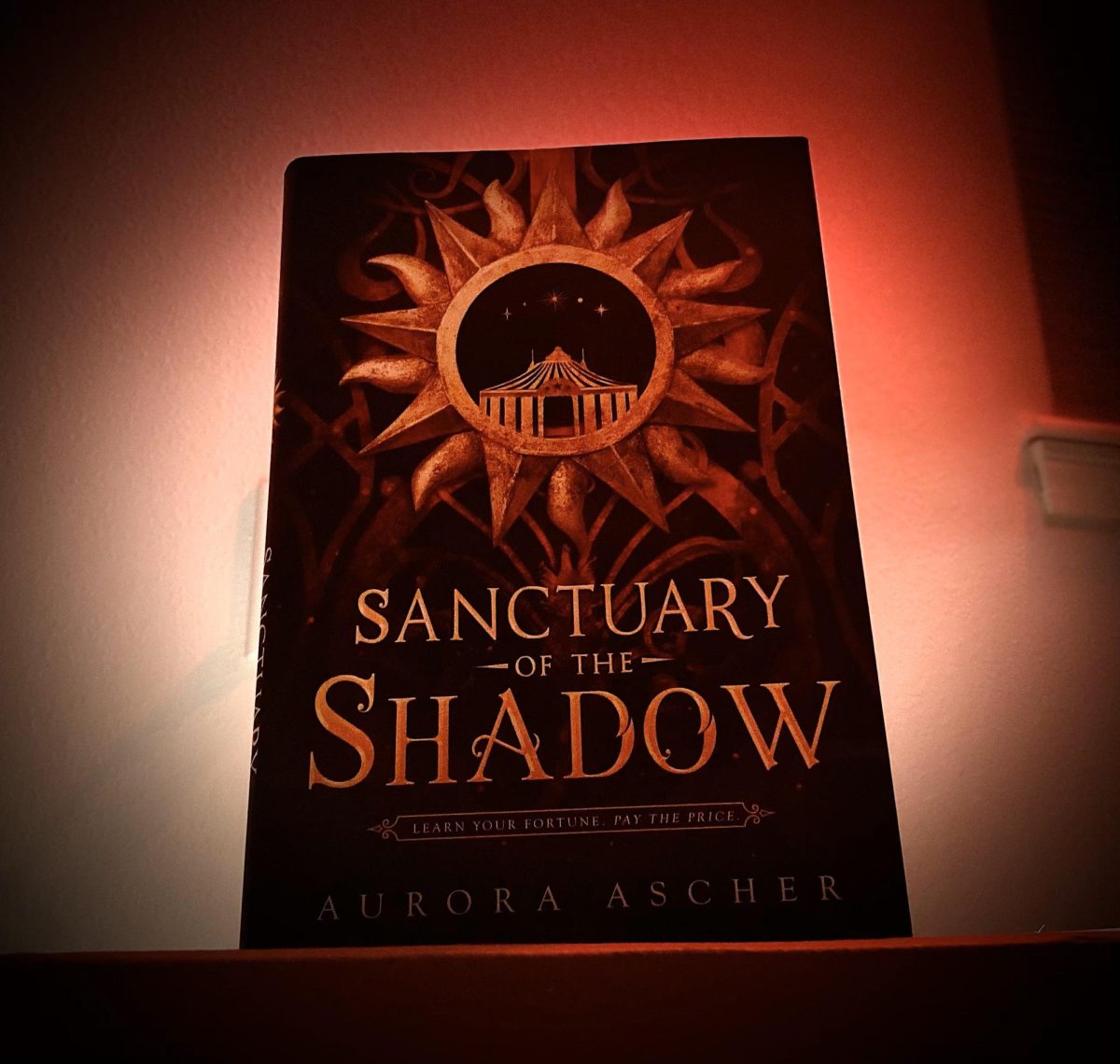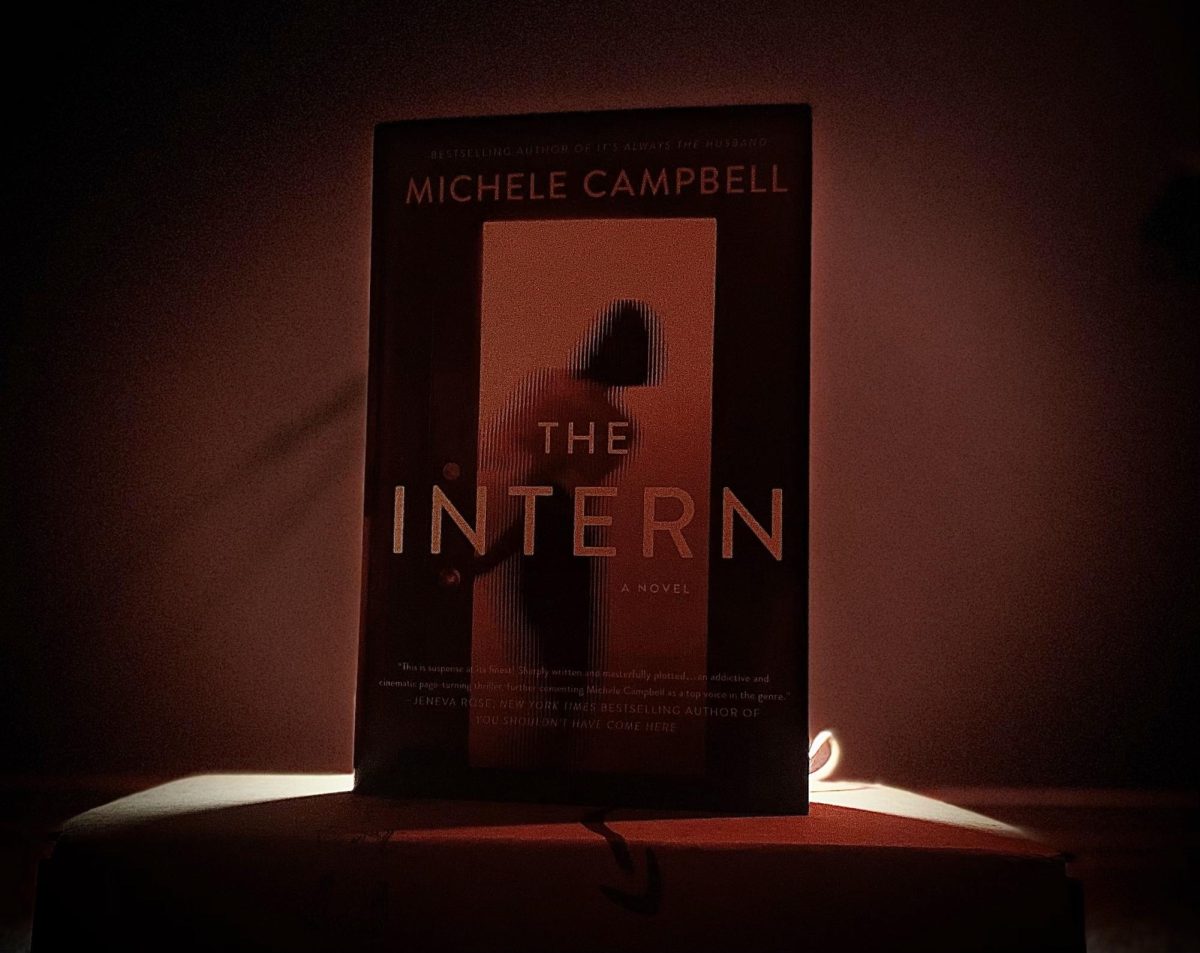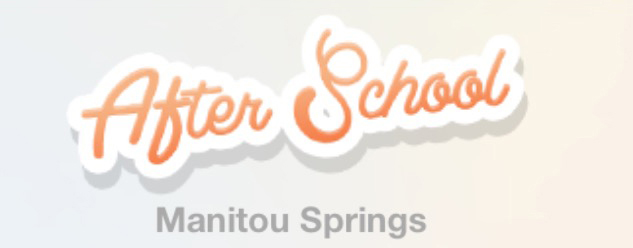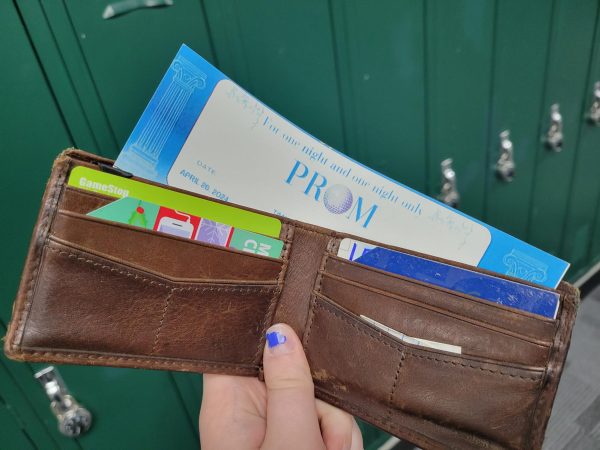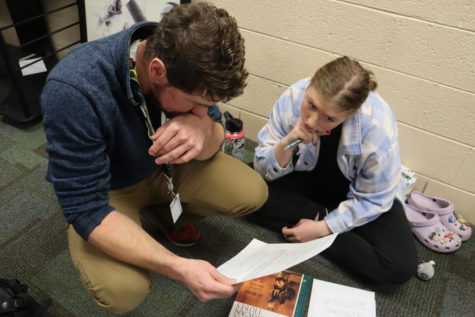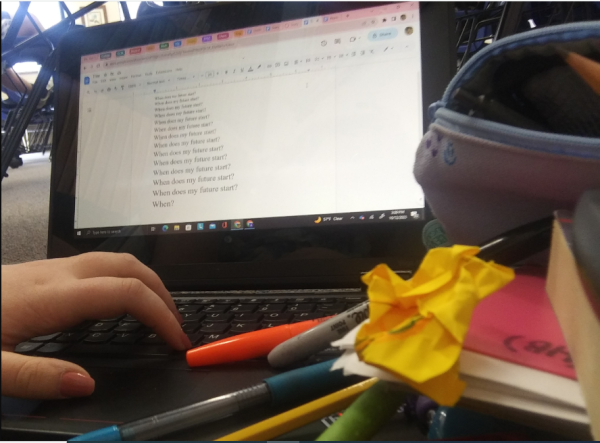Editorial: After School Encourages Bullying and By-Standing
November 13, 2015
Low and behold, tech savvy Manitou Springs High School has found a new application, After School. The application allows students to post whatever they want, with few exceptions to vulgar words that are exchanged for emoticon symbols.
It’s no surprise that a new application has emerged at Manitou, with iPads at every student’s fingertips. Other applications that have grasped the brains of myself and fellow peers at Manitou were Crossy Road, Flappy Bird, and 8 Ball Pool.
But what differentiates After School from Crossy Road, Flappy Bird, or 8 Ball Pool is it’s not just a student maneuvering a bird through green sewage pipes, it’s that students can write whatever they liked for anyone to see, whether their comment is cruel or a compliment.
Most of the comments are compliments, such as, “I really like such and such,” or “I really think such and such is cute,” but teenagers, being the gossipers that they are, can talk some real smack.
According to After School’s official descriptions on the Apple App Store, the app allows you to, “Post confessions, funny experiences, complements, feelings, and more!” However, not all students use the application for what the creators wanted it to be.
Students don’t just tell feelings and compliments on the application, it is also a source for anonymous bullying.
I’ve seen posts telling certain students to go back to a school that they recently moved from, or other posts speculating that a certain student had a sexually-transmitted disease.
I mean why not, we live in an age where cyber-bullying is at an all time high, and if you can do it anonymously with very little chance of getting caught, why not use it?
The worst part about it is not about just the bullying going on – which would happen even if social media wasn’t around – but the by-standing that it forces students to participate in.
Even if a student doesn’t post, they still acknowledge the bullying taking place, and swipe down to see other harmful posts. Students can click the “like” button, which shows the students’ agreement with the post.
There is also a report button that can erase the post from the application. The post is sent to After School for a worker to investigate if it was bullying or not.
But more often than not, the “like” button is clicked more than the report button.
A post from Manitou Springs High School that told a student to leave Manitou and go back to a school that they just moved from had over 160 likes, meaning over 160 students even saw that post was funny or agreed with it. That’s 160 students not only just watching bullying happen, and partaking in it.
According to dosomething.org, one of the largest organizations for young people and social change, they say that 75% of students admit to visiting a website bashing another student.
That means that if 540 students go to Manitou, and 75% of students go to a website for bashing other students, then 405 kids at Manitou are most likely visiting After School.
A lot of kids won’t post on the application, and argue that because they don’t post on After School, they are not partaking in bullying. That’s not the case, the whole reason why the app has gotten so much attention is for real bullies to harm other students verbally, and to have other students watch.
It’s like an arena in which students who bully other students is broadcasted in front of the whole school. The audience members think it’s fine to just sit and watch, but they have the power to stop it.
The problem is not only people who post on the app, but also for students who continue to scroll and like posts that can inflict harm on their peers.
If you go on the application and don’t post, you are inflicting just as much harm to the victim as the bully.



